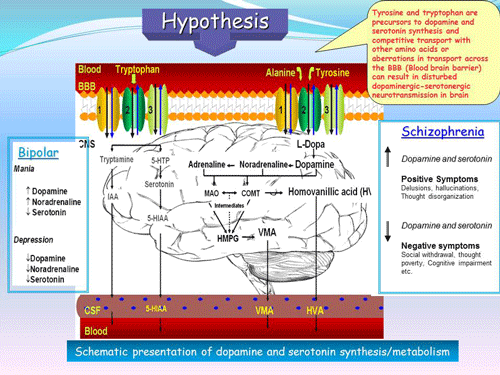Experimental neuropsychiatry and ageing
About this group
Group information

Experimental neuropsychiatry started in 2004 to study the mechanisms of cellular membrane transport of the amino acids’ tyrosine and tryptophan, precursors of dopamine and serotonin in schizophrenia and related neuropsychiatric disorders (bipolar disorder, autism, and ADHD), by the development and use of the fibroblast model, a cellular in vitro technique. Changes in the dopaminergic and serotonergic pathway systems may lead to impairment of cognition, behaviour, and well-being.
A long-term collaborative project has started between Örebro University and Ikaria/Greece to investigate factors related to long and healthy ageing. The aim is to study genetic, environmental and lifestyle factors that are believed to affect the brain as well as well-being and are expected to explain the underlying mechanisms of longevity and healthy ageing (Ikaria Healthy Ageing)
Internal & external collaborations
- Assoc. Professor Mussie Msghina and PhD Ulrika Hylén, MV, Örebro University
- Professor Matei Oresic, MV, Örebro University (Metabolomics of clozapine and lithium)
- Senior lecturer Birgitta Ejdervik-Lindblad, MV and Region Örebro län (Age-related eye disease in the Ikaria Healthy Ageing)
- Dr Theodora Ntetsika, Depart. of Neurology at Karolinska Hospital (Tyrosine transport in fibroblasts from Parkinson´s and T2 Diabetes patients, PhD project)
- Dr. Kalliopi Katte, Health Centre of Evdylos, Ikaria, Greece (Ikaria Healthy Ageing project)
- Professor Francjan van Spronsen, Beatrix Children's Hospital, University of Groningen, Netherlands (Phenylalanine transport in fibroblasts from Phenylketonuria (PKU) patients)
Completed projects
- Cellbiokemiska studier avseende aminosyratransport hos fibroblaster från barn med autism och betydande uppmärksamhetsproblem (ADHD)
- Effects of perfluorinated compounds on the hepatic fatty acid oxidation in avian embryos using the tritium release assay
- Functional characterization of tyrosine, alanine and tryptophan transport in human fibroblast cells
- Induced Pluripotent Stem Cells (iPS) to identify alterations of neurogenesis associated with autism
- Muscarin acetylcholin receptorbindningsstudier i fibroblaster från Attention-Deficit/Hyperactivity Disorder (ADHD) patienter
- Patient-Derived Stem Cells (iPS) for Phosphoproteomic Profiling Neuropsychopathology



